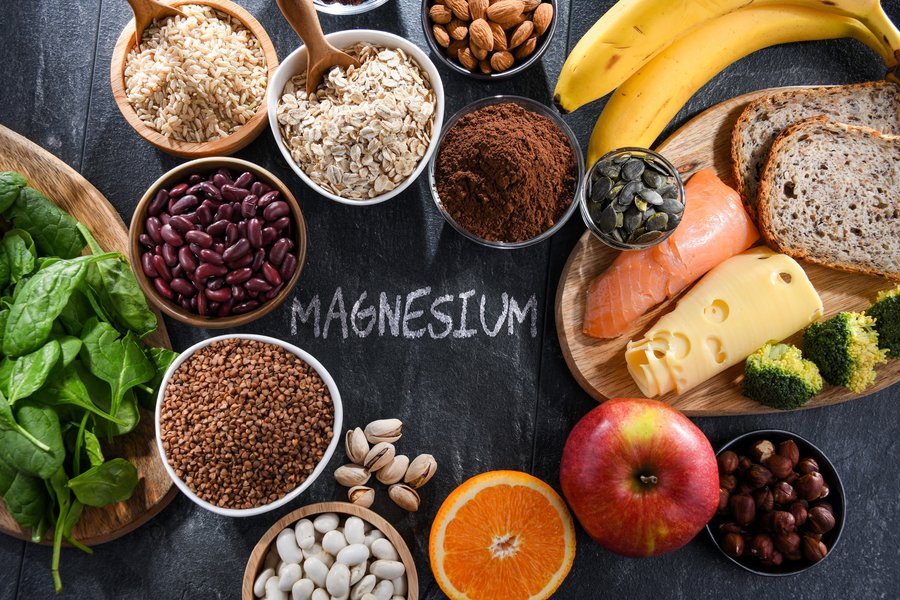What is magnesium?
Magnesium is the second most important mineral in all cells after calcium, cannot be produced by the body and must be taken in through food or supplements.
Magnesium is an important component of over 300 enzymes in the body and is crucial for muscle function, energy production, the transmission of information by various messenger substances, for the bones and for the cardiovascular system.
Only around 40 percent of the magnesium ingested is actually absorbed in the intestine and enters the bloodstream. In the blood, magnesium is mainly bound to proteins such as albumin and globulins and thus reaches the target cells and tissues in the body. Most of the magnesium (65%) is stored in the bones, the rest is distributed to other body tissues.
Magnesium metabolism is primarily regulated by the kidneys, which excrete excess magnesium via the urine. Conversely, magnesium is increasingly retained as soon as the magnesium level drops.
A magnesium deficiency (hypomagnesemia) can lead to muscle cramps, cardiac arrhythmia, fatigue, sleep disorders and other symptoms. Some people are at an increased risk of magnesium deficiency, for example those with gastrointestinal disorders, kidney problems or diabetes. Genes also play a role, as genetic variants can influence the absorption, storage and excretion of magnesium.
Examples of magnesium-rich foods:
| Food | Amount of magnesium per 100g of food |
|---|---|
| Oatmeal | 121 mg |
| linseed | 320 mg |
| Cow's milk | 120 mg |
| leafy vegetables | 62 mg |
| Legumes | ~150 mg |
| banana | 30 mg |
| Magnesium-rich mineral water | from 100 mg per liter |

Good to know
Tolerance of magnesium : The tolerance of magnesium supplements can vary greatly: some people can react with diarrhea even with just 200 mg of magnesium, others can tolerate 400 to 600 mg without any problems.
![[Report Bild]](/static/reportImages/magnesium.jpeg)